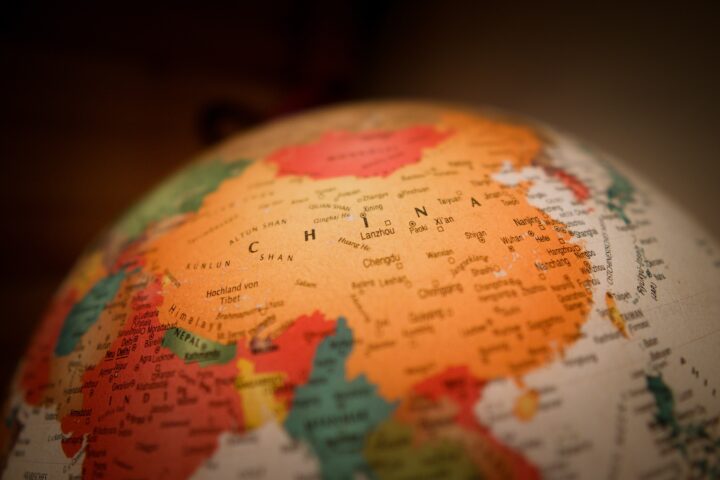
Joint statement on upcoming trials of Ding Jiaxi and Xu Zhiyong
China
In a joint statement, Lawyers for Lawyers, The 29 Principles, Lawyers’ Rights Watch Canada and Human Rights Now draw attention to the upcoming trials of lawyers Ding Jiaxi and Xu Zhiyong for charges of “subverting state power”. The trials are scheduled to take place in the last week of December.
Ding Jiaxi had been actively involved in the promotion of human rights since 2010 by advocating for the rights of migrant workers and by being involved in the New Citizens Movement, which promoted governmental transparency and the rule of law. On 26 December 2019, Ding Jiaxi was taken away by police officers from Yantai City Public Security Bureau in Shandong province as part of a large-scale crackdown targeting human rights lawyers and citizen activists, labelled the “1226 crackdown”. Without providing any legal notification to Mr. Ding’s family, the authorities placed Mr. Ding under “residential surveillance in a designated location” (RSDL), for six months without access to his family and lawyers. During this period of incommunicado detention, he was subjected to various forms of torture and other ill-treatment, including prolonged sleep deprivation, exposure to loud noise and repeated interrogation while being shackled to an iron “tiger chair”. He was also not exposed to day light. He was not allowed to have a shower, brush his teeth or change his clothes for days at a time. He was not given enough food and water and was not allowed to move for a long period of time.
Xu Zhiyong is a university teacher and lawyer in Beijing, China. He is known for his peaceful and open way of drawing attention to the need for reforms in Chinese politics and promoting the rule of law in China. Dr. Xu was also involved in the New Citizens Movement. On 15 February 2020, Xu Zhiyong was taken away by police officers from Beijing Municipal Public Security Bureau. Without legal notification to his family, Dr. Xu was placed under RSDL first in Beijing and later transferred to the same secret location in Yantai city, Shandong province, where Mr. Ding was detained. He was denied access to his family and lawyers for four months and, he was subjected to torture and ill-treatment similar to that of Mr. Ding.
Mr Ding and Dr. Xu have been arbitrarily detained in Shandong province, northeastern China, for nearly two years and have been subjected to torture and ill-treatment. According to Articles 95-99 of the Chinese criminal procedural law, the cases should have been tried within three months after their transfer to the court.
Lawyers for Lawyers, The 29 Principles, Lawyers’ Rights Watch Canada and Human Rights Now call upon the Chinese authorities to ensure that:
- Ding Jiaxi and Xu Zhiyong are given a fair trial in accordance with the Universal Declaration of Human Rights, and the International Covenant on Civil and Political Rights, which China signed in 1998;
- they are given access to the lawyers of their own choosing to represent them in the trial;
- an independent investigation is conducted in relation to the allegations of torture and other ill-treatment to which they were subjected in detention and punish the perpetrators in accordance with China’s own laws and the Convention against Torture and Other Cruel, Inhuman or Degrading Treatment or Punishment, which China ratified in 1988;
- all forms of arbitrary detention, including RSDL are terminated;
- the law practicing license of lawyers Liang Xiaojun is restored, and that all forms of administrative harassment of human rights lawyers through disbarment or suspension of licenses are halted;
- all human rights lawyers and human rights defenders are provided with their freedom of expression of political and other opinions in accordance with China’s international obligations to respect and fulfil human rights law and standards;
- the UN Basic Principles on the Role of Lawyers are respected, and that lawyers are able to assist their clients without intimidation, hindrance, harassment or improper interference and without threats of prosecution or administrative sanctions for any actions they take in accordance with internationally recognized professional duties, standards and ethics.